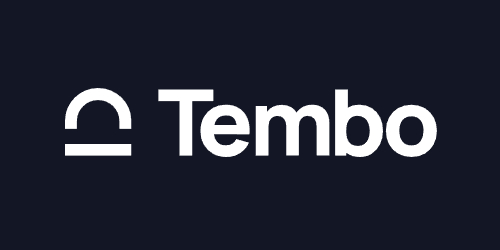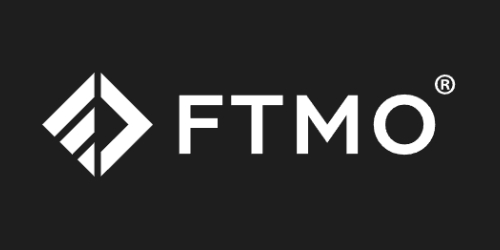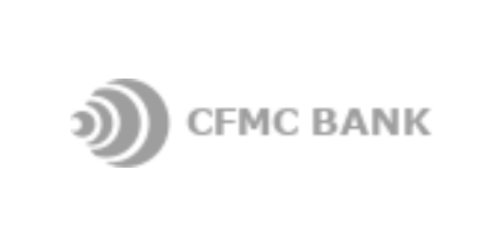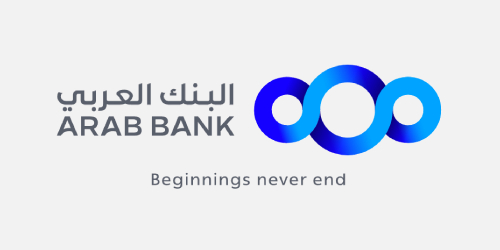So, you’ve stumbled upon Capital Financial, with its rather official-sounding domain, capitalfinancial.ie. The “.ie” might make you think, “Ah, an Irish company! Must be solid, regulated, probably sipping Guinness while responsibly managing my funds.” Hold your horses, folks. That .ie suffix, while often a badge of Irish legitimacy, can also be a clever disguise used by con artists to lure unsuspecting investors into a false sense of security.
Capital Financial is a name designed to sound established and trustworthy. Coupled with an Irish domain, it’s a potent combination for deception. They want you to believe they’re part of Ireland’s reputable financial sector. But let’s be brutally honest: a website is just a website. What truly matters is what’s (or what’s not) behind it.
The Alluring .IE Illusion
The first and most crucial check for any firm claiming to offer financial services from Ireland is their status with the Central Bank of Ireland (CBI). The CBI is the regulator, the watchdog. If Capital Financial isn’t authorized by them (and spoiler: scam operations rarely are), then that “.ie” domain is nothing more than digital window dressing.
“A .ie domain means a company could have an Irish connection, but it does NOT automatically mean they are authorized to offer financial services by the Central Bank of Ireland. Always verify directly with the CBI’s public register.”
These types of operations often weave a narrative of stability, leveraging the perceived economic strength and regulatory environment of countries like Ireland. They’ll promise “secure,” “stable,” or “expertly managed” investments, perhaps in Forex, CFDs, or some vague “portfolio management.” The returns they dangle might not be as outrageously high as some blatant crypto scams, but they’ll be just attractive enough to seem plausible yet too good to pass up for many.
The Pressure Cooker and the Disappearing Act
Once you show interest, expect the “advisor” treatment. These are not qualified financial advisors; they are high-pressure salespeople. Their goal is to get you to deposit, and then deposit more. They’ll be your best friend, full of charm and confident predictions – until you try to withdraw your money.
This is where the polished veneer of Capital Financial will likely crack. Suddenly, communication becomes difficult. Withdrawals face “technical issues,” “verification delays,” or you might be told you need to pay “taxes” or “fees” upfront before you can access your own funds – a classic scam tactic.
“If a financial ‘advisor’ from a firm like Capital Financial focuses more on getting your next deposit than on your long-term financial goals or risk tolerance, their only interest is their commission, not your prosperity.”
The trading platform, if they even have a functional one beyond a mock-up, will likely be a proprietary system. These are often designed to show artificial profits to keep you happy and investing more. However, these platforms are not connected to any real market; the numbers are essentially fake. The moment significant withdrawal requests come in, the platform (or the entire website) can conveniently go “offline for maintenance” – permanently.
And who are the real people behind Capital Financial? Try finding verifiable information about their directors, their actual operational offices in Ireland (beyond a possible mail-drop address), or their genuine financial track record. You’ll probably hit a wall of anonymity, generic stock photos, and vague corporate speak.
“Legitimate Irish financial firms are transparent about their leadership and regulatory status. If Capital Financial is shrouded in secrecy and avoids providing verifiable CBI authorization, treat your money like it’s about to enter a black hole.”
Don’t let the “.ie” lull you into a false sense of security. Capital Financial, operating via capitalfinancial.ie, shows numerous red flags pointing towards a sophisticated scam operation designed to exploit trust. Always conduct thorough due diligence, prioritize regulated entities, and remember: if it sounds too good to be true, especially from a source that can’t transparently prove its legitimacy, it almost certainly is. Your capital deserves better than to be gambled away with such an entity.




